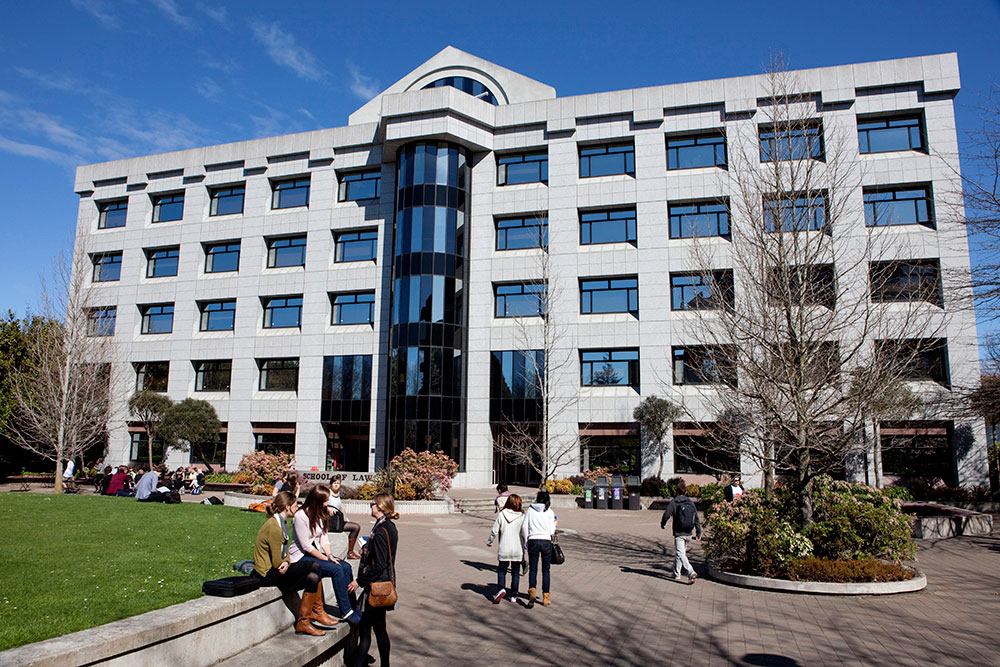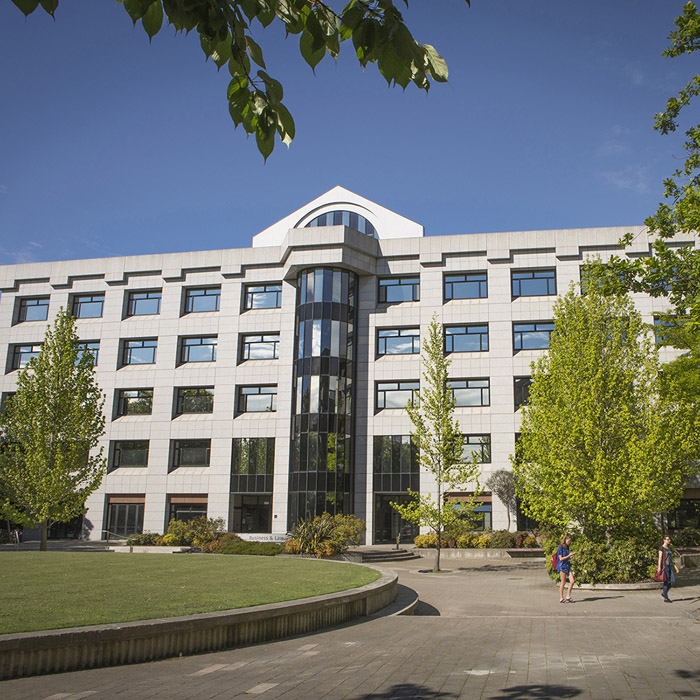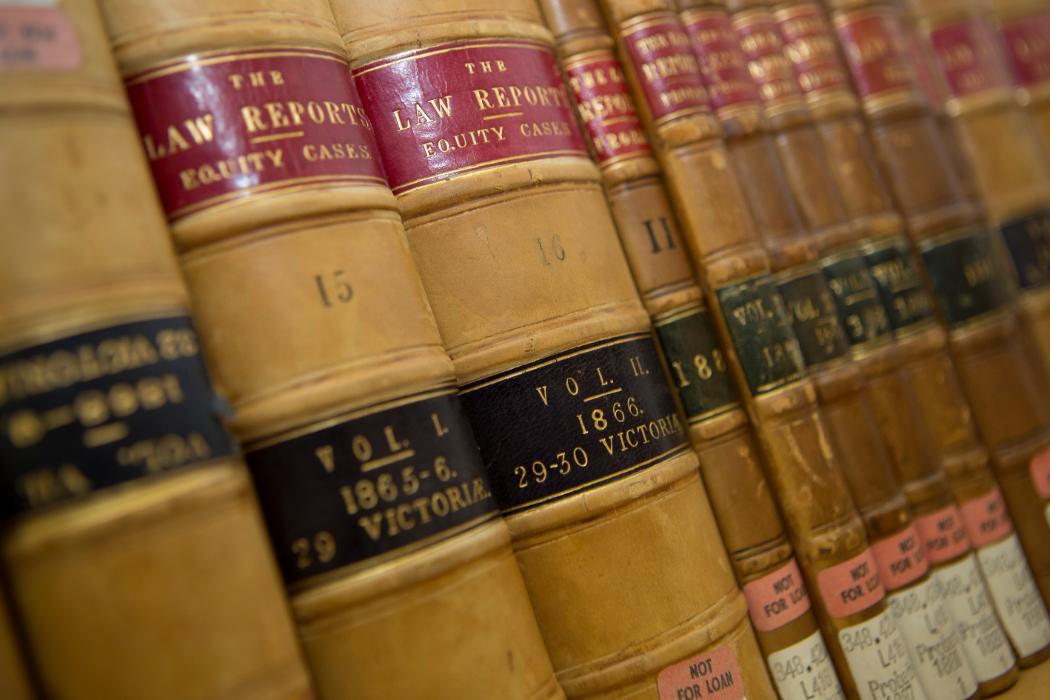There is a strong focus on the student learning experience, with three Faculty members having received University Teaching Awards in the last three years.
Not just a number
Being one of the smaller law faculties in New Zealand allows us to get to know our students as individuals. We work with the our law student clubs and societies including LAWSOC, Te Pūtāiki and CRIMSOC. They put on a wide range of social , academic and competitive activities throughout the year.
Study Law and Criminal Justice
Affiliations
UC School of Law groups
The Law School is home to the following interdisciplinary groups:
UC School of Law journals
The University of Canterbury School of Law is home to the following journals:
External affiliations
Staff, students and alumni at the University of Canterbury School of Law have links with the following organisations:



